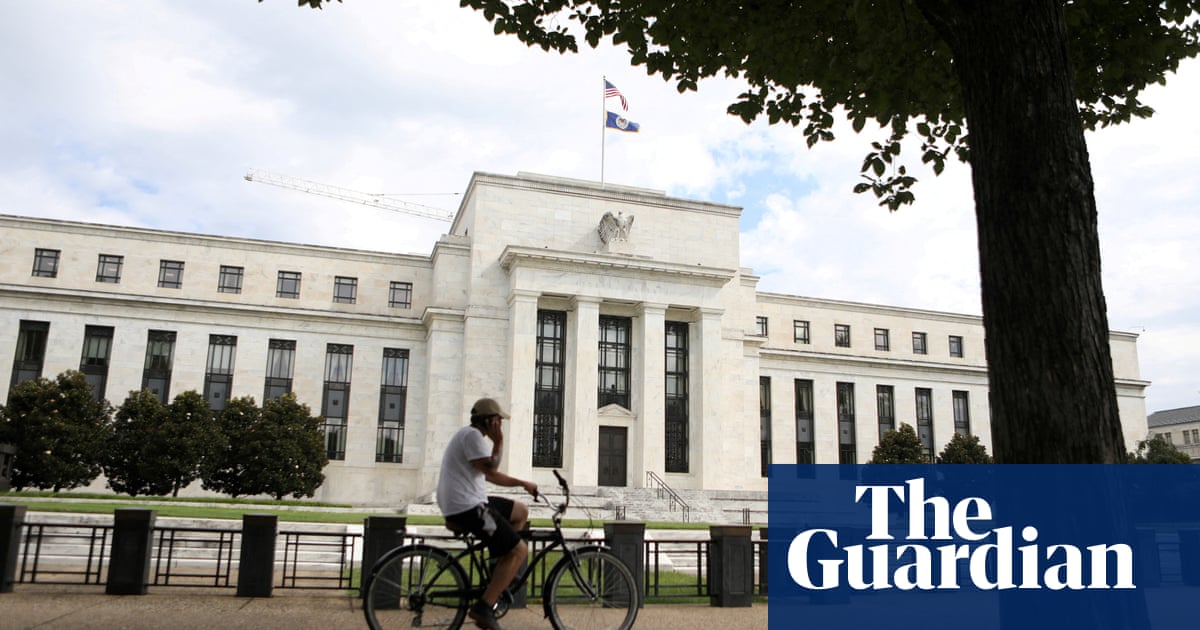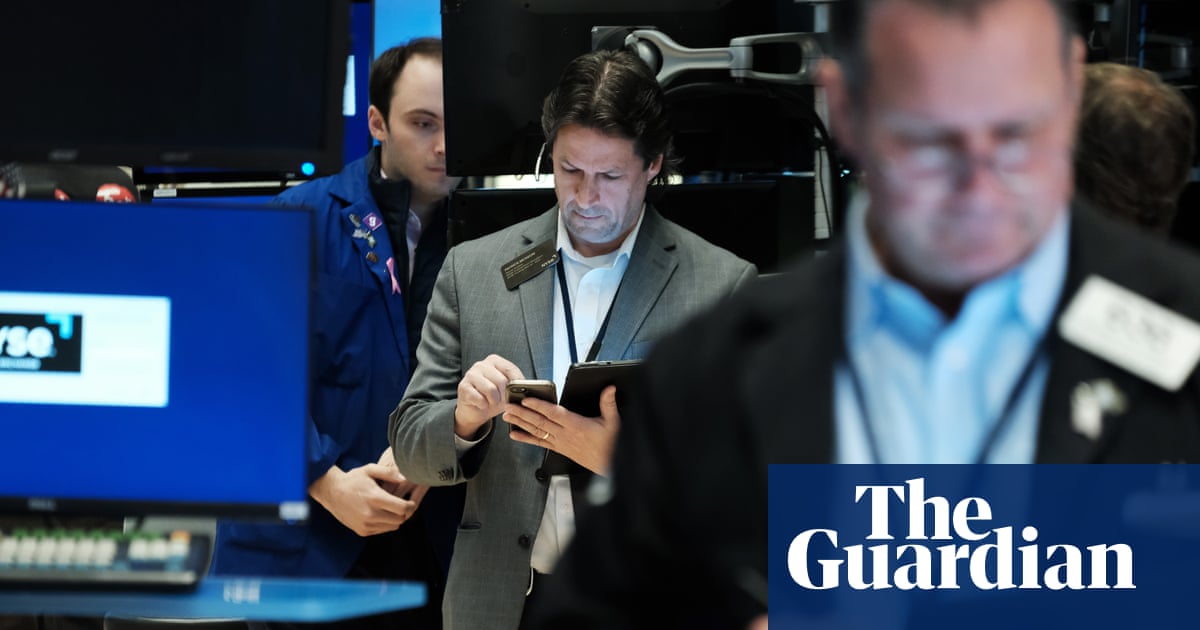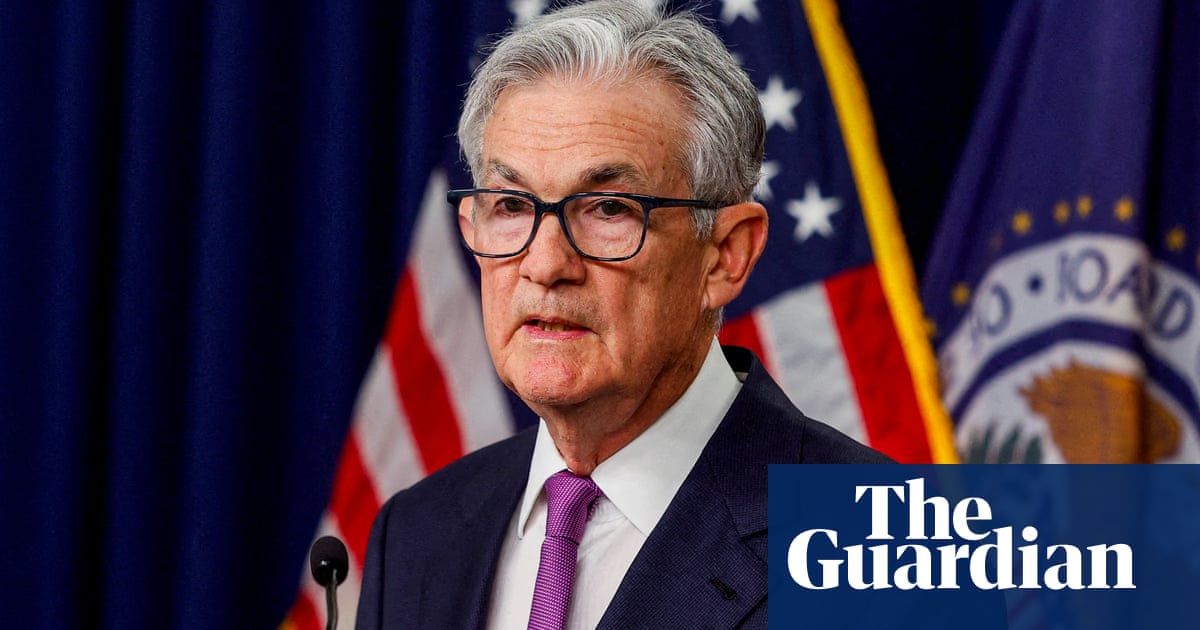
The Federal Reserve chair, Jerome Powell, indicated the central bank is preparing to slow the pace of interest rate rises as it tackles a 40-year high in inflation. But Powell warned there “was more ground to cover” and rates would stay higher for an extended period.
In a speech to the Brookings Institution, Powell said that the Fed may increase its key interest rate by a smaller increment at its December meeting, only a half-point, after four straight three-quarter point hikes.
But Powell also stressed that the smaller hike should not be taken as a sign the Fed will let up on its inflation fight anytime soon.
“It is likely that restoring price stability will require holding [interest rates] at a restrictive level for some time,” Powell said. “History cautions strongly against prematurely loosening policy.”
Powell acknowledged there had been some good news on the inflation front, with the cost of goods such as cars, furniture and appliances in retreat. He also said that rents and other housing costs – which make up about a third of the consumer price index – were likely to decline next year.
But he warned that the Fed still sees the US’s strong labor market as an issue and that the cost of services such as dining out and healthcare are still rising too fast. “The labor market … shows only tentative signs of rebalancing, and wage growth remains well above levels that would be consistent with 2% inflation,” he said.
“Despite some promising developments, we have a long way to go in restoring price stability,” Powell said.
Powell’s comments follow a surprise fall in inflation across the eurozone, easing pressure on the European Central Bank (ECB) to follow the Fed’s aggressive stance.
The consumer prices index (CPI) fell across the 19-member euro currency bloc to 10% in October from 10.6% in the previous month.
Marking the first fall for 17 months, the Eurostat figures wrong-footed financial analysts, who expected inflation to slide only modestly to 10.4%.
Economists are expected to now anticipate a policy shift by the ECB to smaller interest rate rises when members of its governing council meet next month, though they are likely to come under pressure from politicians in Germany, shocked by the arrival of double-digit annual price rises, to bring down inflation more quickly.
German inflation fell from 11.6% to 11.3% while France, which has capped price rises by state-owned energy firms, found inflation was flat at 7.1%.
The falls come amid signs that global supply chains have unblocked and inflationary pressures have eased. Wholesale energy prices, commodities like timber and food costs have begun to tumble, bringing down consumer prices.
The Bank of England’s chief economist, Huw Pill, said on Wednesday that he expected price growth in the UK would start falling in the coming months, and warned against expectations in financial markets that interest rates would climb as high as 4.6%.
Pill would not predict where interest rates might peak, but said it would be lower than investors currently expect.
The ECB raised its deposit rate in October by 0.75 percentage points to 1.25%. Investors expect the rate to peak at 3% next year.












